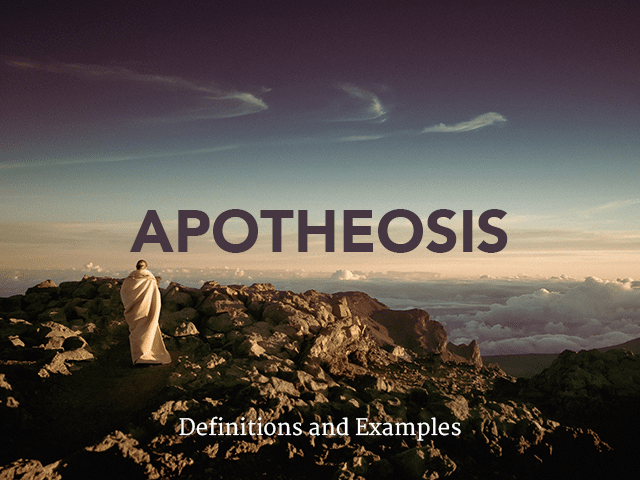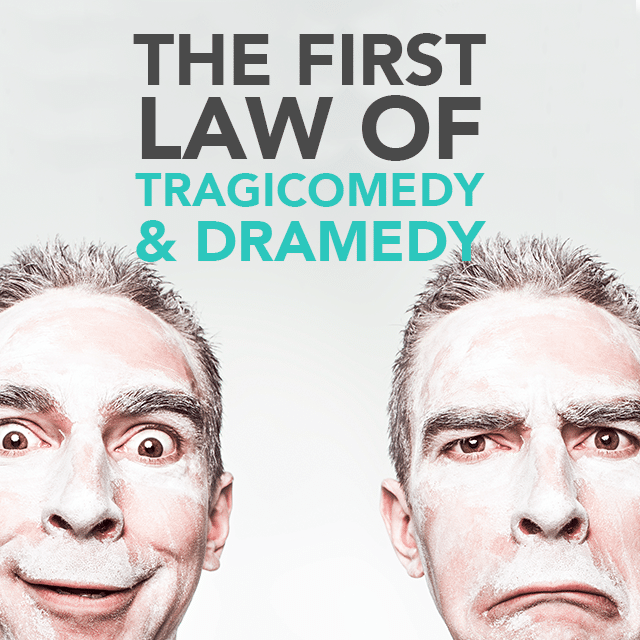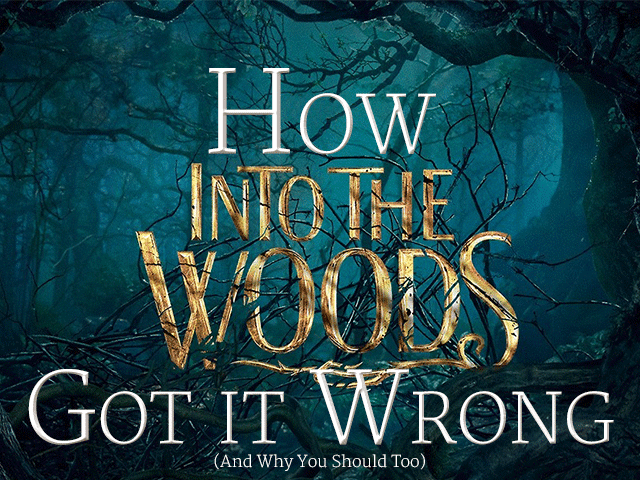


Apotheosis: Definition and Examples for Writers
Many of the earliest forms of written literature that exist are religious texts, and most of us at some point in our schooling will study at least one type of ancient mythology, be it Greco-Roman, Egyptian, or Norse. I happened to be fascinated with all three at the age of ten. More than once in these stories do you run into a human mortal being raised to the status of a god. There is a name for this phenomenon, and it’s called apotheosis.

The First Law of Tragicomedy & Dramedy
One of the first things I remember from ninth grade English is discussing the origin of comedy and tragedy from the classical Greek plays. We read both Oedipus Rex and Antigone over the course of the next several years of English classes, and Shakespeare’s plays, both comic and tragic, made their way into the curriculum, as they have the tendency to in most high school English classes. I was in a production of As You Like It, one of Shakespeare’s most well-known comedies. Even in those earliest forms of literature and theater, writers played with blending the elements of tragedy and comedy together. We call these blended works tragicomedies or dramedies.

How Into the Woods Got it Wrong (And Why You Should Too)
This weekend, I finally got around to seeing Into the Woods. Years ago, I saw the play the film is based on with my high school drama club on Broadway. Of course, because Into the Woods is a Disney film, there were a few things from the original musical that didn’t make it to the big screen (the fate of Rapunzel, the Baker’s Wife’s encounter with Cinderella’s Prince, etc.). Despite those changes, the overall theme of the musical remained intact.

Why the Best Characters for Your Story are Weirdos
So much of what most of us consider to be good writing requires the writer to create a believable scene and realistic characters—or if not believable and realistic, close enough so that the reader willingly suspends their disbelief. Today’s article and corresponding writing practice is all about throwing those rules out the window by writing about weirdos.